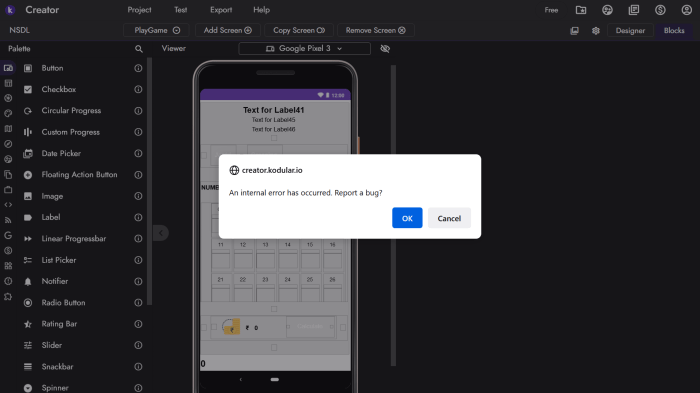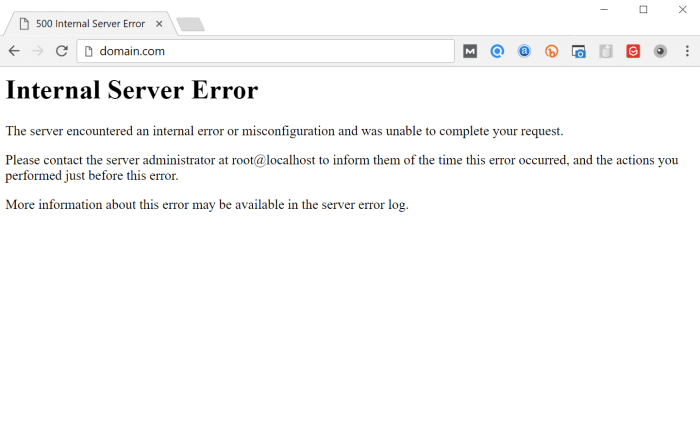Medical terminology for healthcare professionals 10th edition – Medical Terminology for Healthcare Professionals, 10th Edition, is the definitive guide to the language of healthcare. This comprehensive text provides a clear and concise introduction to the basics of medical terminology, ensuring that healthcare professionals have the knowledge and skills they need to communicate effectively with colleagues, patients, and other members of the healthcare team.
The tenth edition of Medical Terminology for Healthcare Professionals has been thoroughly revised and updated to reflect the latest advances in healthcare technology and practice. New content includes information on electronic health records, artificial intelligence, and patient education. The text also includes a wealth of exercises and activities to help students master the material.
Terminology Fundamentals
Medical terminology is a specialized language used by healthcare professionals to communicate accurately and efficiently about medical conditions, treatments, and procedures. It is essential for effective communication, documentation, and patient care.
Types of Medical Terms
- Eponyms:Named after a person, e.g., Parkinson’s disease
- Acronyms:Abbreviated forms of longer terms, e.g., ECG (electrocardiogram)
- Abbreviations:Shortened forms of terms, e.g., BP (blood pressure)
- Root words:Base words that convey a core meaning, e.g., “cardi” (heart)
- Prefixes:Affixes added before a root word to modify its meaning, e.g., “hyper” (excessive)
- Suffixes:Affixes added after a root word to indicate its function, e.g., “-itis” (inflammation)
Body Systems

| System | Organs | Key Medical Terms |
|---|---|---|
| Cardiovascular | Heart, blood vessels | Myocardium, hypertension, atherosclerosis |
| Respiratory | Lungs, airways | Bronchi, alveoli, dyspnea |
| Integumentary | Skin, hair, nails | Epidermis, dermis, melanoma |
Medical Procedures and Treatments
- Cardiovascular:Angioplasty, coronary artery bypass grafting
- Respiratory:Intubation, mechanical ventilation
- Integumentary:Biopsy, laser therapy
Pathology and Diagnosis
Medical terminology plays a crucial role in describing diseases and conditions. Accurate diagnosis relies on precise terminology to convey the patient’s symptoms, medical history, and test results.
Common Prefixes, Suffixes, and Root Words
| Prefix | Meaning | Example |
|---|---|---|
| a-, an- | Without | Anesthesia |
| Suffix | Meaning | Example |
| -itis | Inflammation | Gastritis |
| Root Word | Meaning | Example |
| cardi- | Heart | Cardiomyopathy |
Pharmacology

| Generic Name | Brand Name |
|---|---|
| Acetaminophen | Tylenol |
| Ibuprofen | Advil |
Drug Classifications
- Analgesics:Pain relievers
- Antibiotics:Fight infections
- Antidepressants:Treat depression
Medical Abbreviations in Prescription Writing
- PO:By mouth
- IV:Intravenously
- BID:Twice a day
Medical Imaging

Medical terminology is essential for describing anatomical structures and abnormalities in medical images.
Types of Medical Imaging Techniques
- X-ray:Produces images of bones and soft tissues
- CT scan:Provides detailed cross-sectional images
- MRI:Uses magnetic fields to create images of internal organs
Medical Images and Interpretations
Medical professionals use specific terminology to describe anatomical structures, such as “axial view” and “sagittal plane.” They also use terms to indicate abnormalities, such as “mass” and “cyst.”
Surgical Procedures
| Procedure | Medical Terminology |
|---|---|
| Appendectomy | Removal of the appendix |
| Cholecystectomy | Removal of the gallbladder |
Surgical Instruments
- Scalpel:Sharp blade for incisions
- Forceps:Grasping instrument
- Retractor:Holds tissue apart
Emerging Trends
Technology is transforming medical terminology, with the use of electronic health records and artificial intelligence.
Impact on Medical Terminology
- Standardization:Electronic health records promote consistent use of terminology
- Automation:Artificial intelligence assists with documentation and coding
Role in Patient Education and Health Literacy, Medical terminology for healthcare professionals 10th edition
Accurate medical terminology is essential for effective patient communication and health literacy.
FAQ Section: Medical Terminology For Healthcare Professionals 10th Edition
What is medical terminology?
Medical terminology is the language of healthcare. It is used to describe the human body, diseases, and treatments.
Why is medical terminology important?
Medical terminology is important because it allows healthcare professionals to communicate effectively with each other and with patients. It also helps to ensure that patients receive the correct care.
How can I learn medical terminology?
There are many ways to learn medical terminology. You can take a class, read a book, or use an online resource.